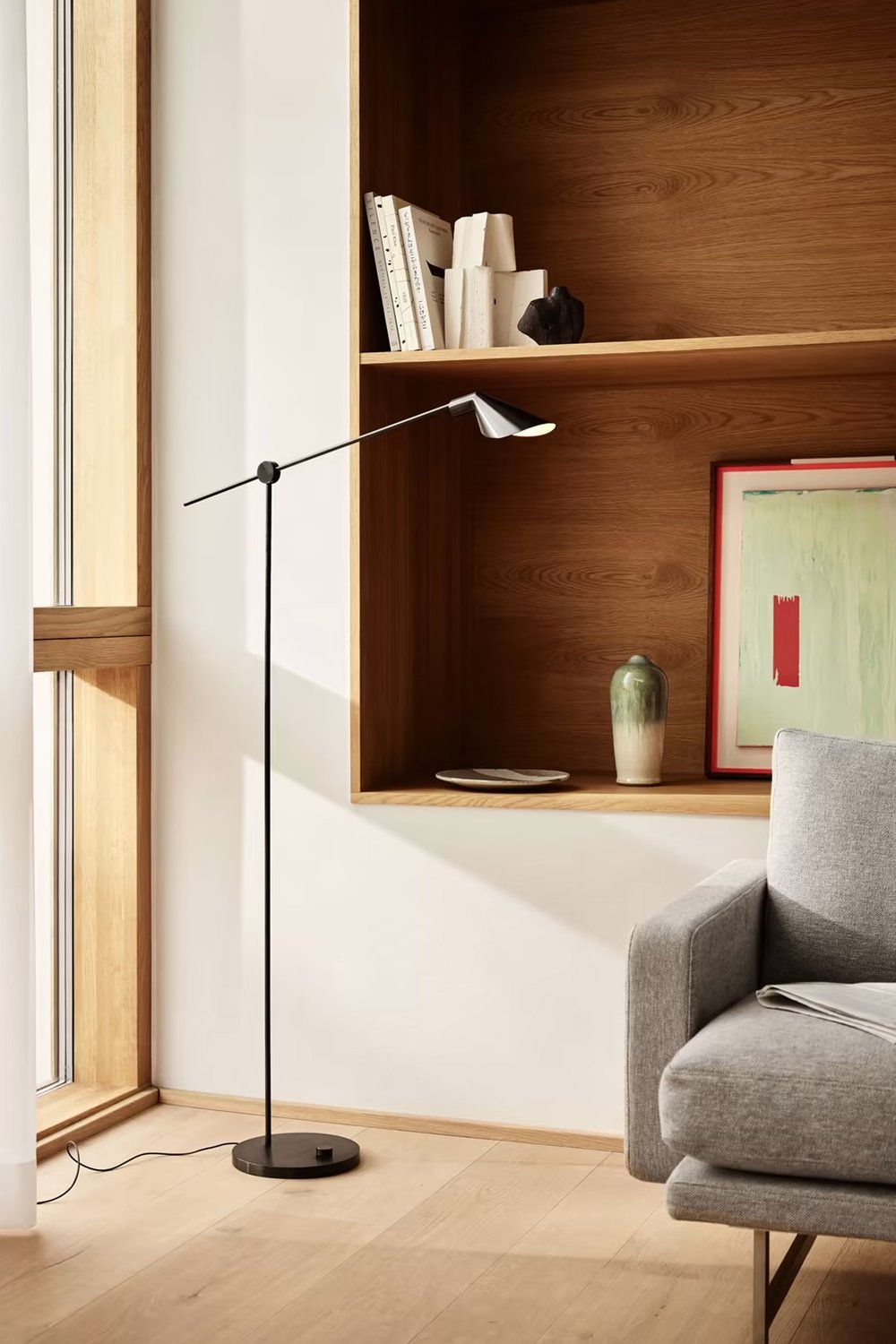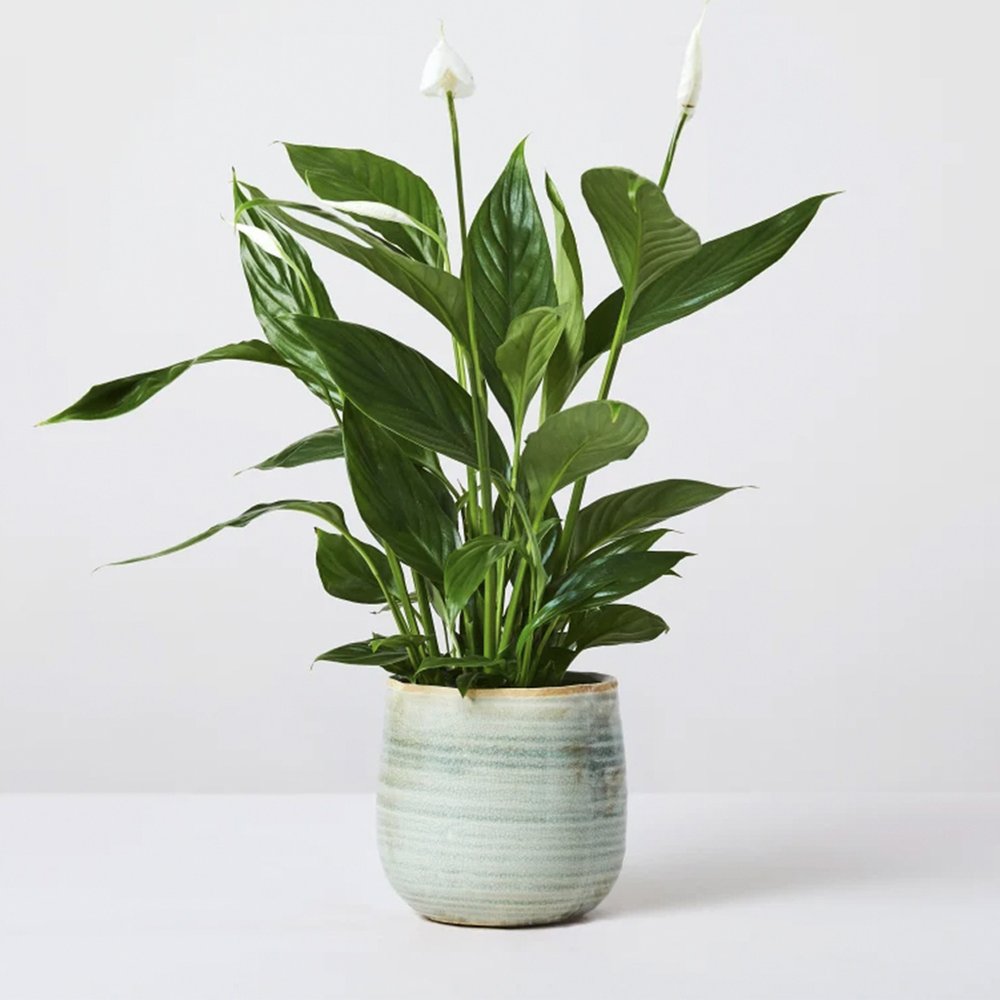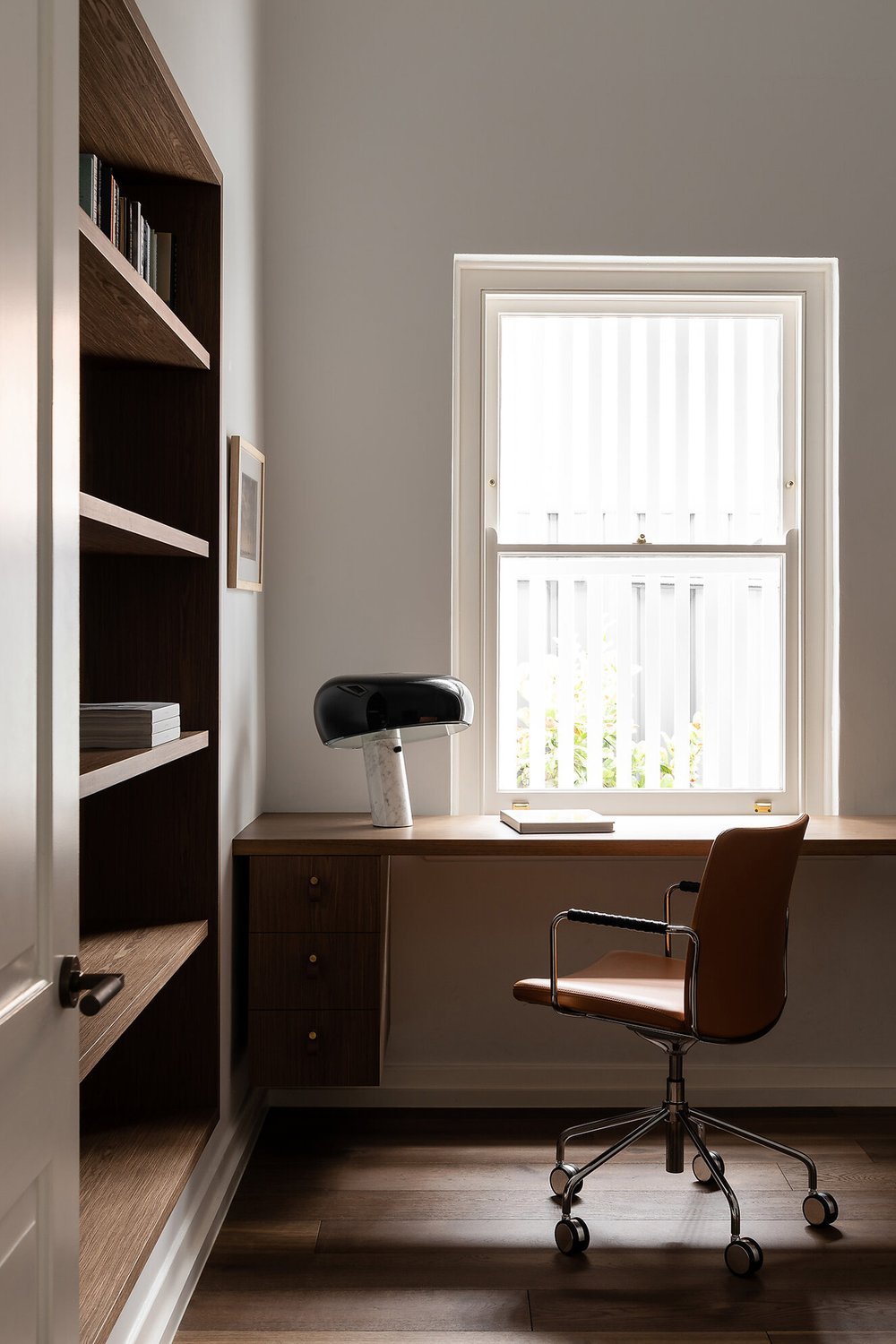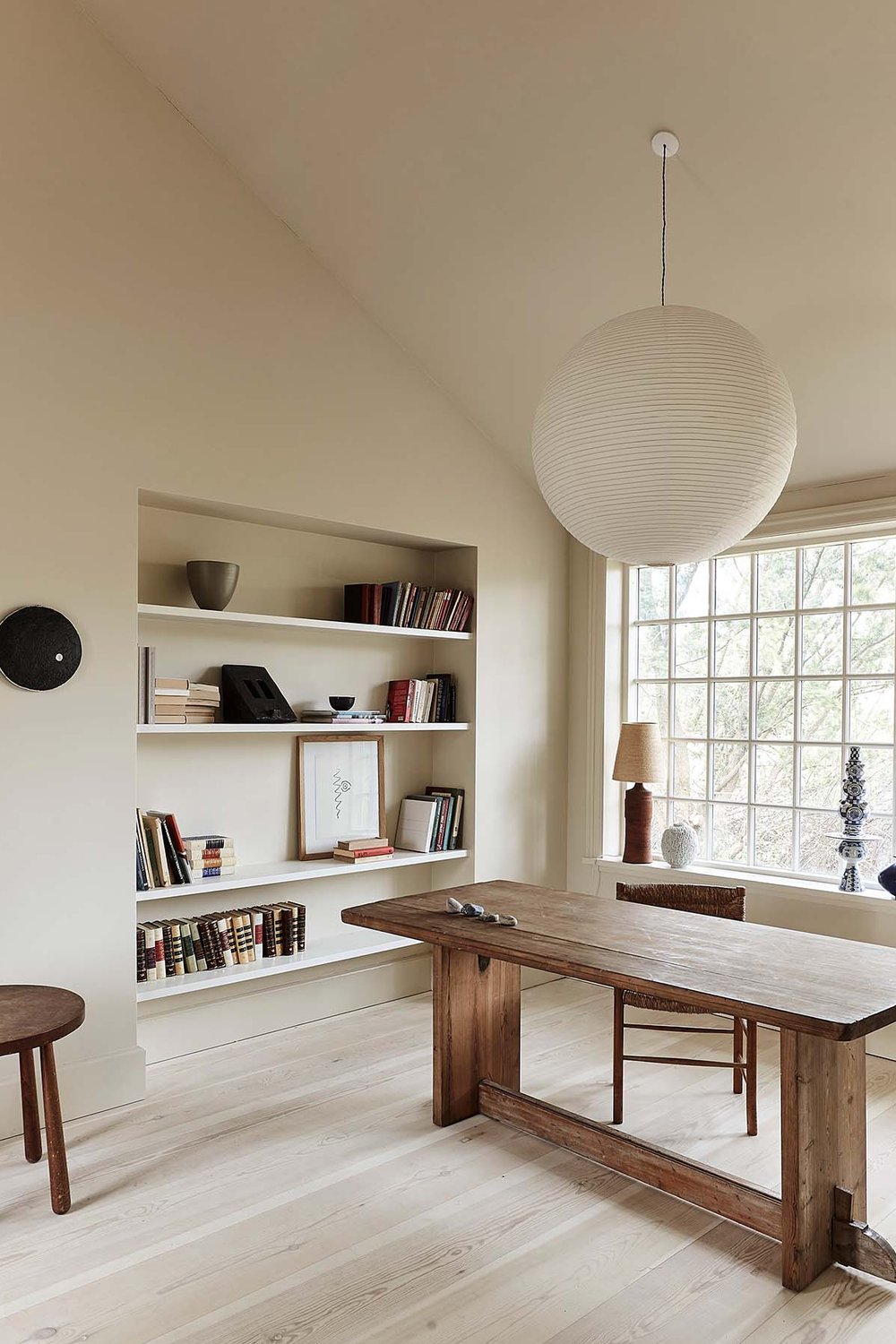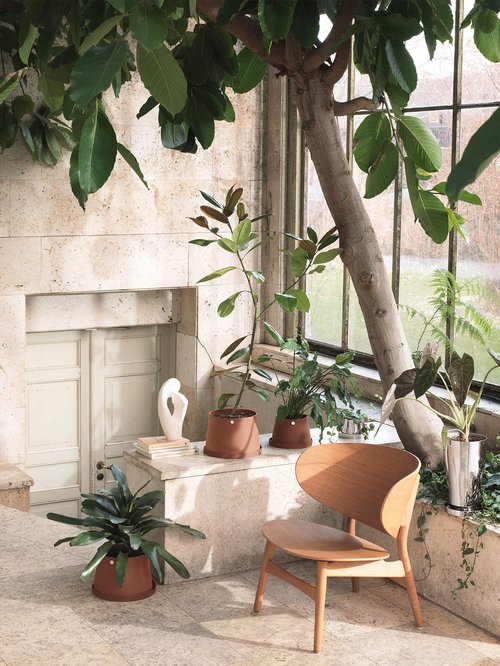Beyond the basic setup, there are other less obvious elements to consider—ones that can further impact your health and performance in your workspace:
Acoustics
While many factors contribute to a well-functioning home office, the role of acoustics in both your emotional wellbeing and work efficiency shouldn't be overlooked. Poor acoustics often result in distracting noise levels, which can escalate stress and negatively impact your mental health over time. The need for quality acoustics goes beyond work-related calls and meetings; they're about minimizing disruptions and enhancing your overall state of mind.
This is where noise-reducing strategies come into play. Whether it's through heavy curtains that block out external noise, or soft-textured interiors like rugs and cushions, these elements serve as your first line of defense against acoustic interruptions. Additionally, features such as wall-to-wall bookshelves and strategically placed plants not only enhance your room's aesthetics but also serve functional purposes in diffusing and absorbing sound.
Air Quality
Another element that's often overlooked is indoor air quality (IAQ), which is a critical aspect of a healthy home office. Poor IAQ can lead to allergies, respiratory issues and even cognitive impairments. A recent study emphasizes that low ventilation rates can particularly affect cognitive function in younger adults, highlighting the significance of air quality for both health and productivity.
The Environmental Protection Agency recommends straightforward strategies for improving air quality, including regular ventilation, air purifiers and humidifiers.
Biophilia
The term ‘biophilia’, first introduced by psychoanalyst Erich Fromm in the 1960s, describes our inherent connection to nature. Studies from the UK and the Netherlands have demonstrated that offices incorporating plants experience a 15 percent increase in staff productivity compared to those devoid of greenery.
Incorporating plants into your home office is not just for decoration, it's a significant benefit to your overall health. Indoor plants like snake and spider plants can improve air quality, uplift your mood and mitigate stress. If you're new to indoor plants, starting with low-maintenance varieties like ZZ plants or peace lilies can help you enjoy these benefits with minimal effort.
Leading biophilic design consultant Sonja Bochart recommends enhancing your home office with natural elements for a multisensory experience, which can have a positive impact on blood pressure, heart rate and the sympathetic nervous system—responsible for the 'rest and digest' response. Complementing the experience with aroma, which can be easily added through open windows or essential oils, completes the sensory experience.











